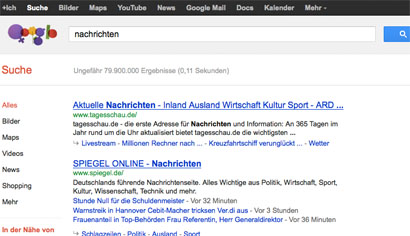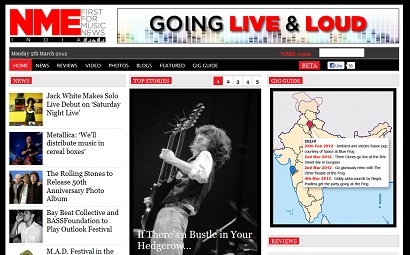ChiswickW4.com, which claimed 50,000 unique visitors during January, has just gained it’s 15,000th email newsletter signup.
Launched by the Neighbour Net group in 2000 to cover the W4 postcode area of London, Neighbour Net now boasts a portfolio of nine other hyperlocal sites in London, including EalingToday.co.uk and PutneySW15.com.
One of Neighbour Net’s directors, Sean Kelly, spoke to Journalism.co.uk about the site’s model.
Who’s behind the operation of the website? What inspired you to set up a hyperlocal site?
The site was set up by Tony Steele and Sean Kelly who both live in the Chiswick area. The aim was to fill the gap in local news provision initially in Chiswick and then extend the concept out to other areas.
Are your articles written by local contributors or do you have a dedicated team?
We have a dedicated editor for each site and a significant number of other local contributors in each area. The contributions tend to be reviews – restaurants, concerts, theatre. There is also a central office resource for content production which can write stories when the editor is away.
Is anyone employed to work full-time on the site?
Yes, we have four full-time staff but that includes sales and back office. The aim on ChiswickW4.com is to be able to respond 24/7 to breaking news.
Your site has a number of subtle advertisements – could you tell us a little about your business model?
Nearly all our customers are small local businesses and they either have advertising packages which include banner display and newsletter inclusion or listings in our directories.
We also like to be supportive of local independent businesses and like to write positive stories about them. Obviously we are more inclined to cover items about our clients but often feature non-clients as well.
Do you have a social media strategy? If so, what social networks do you use and how do you use them?
We put all our news content out on Twitter and Facebook as well as some aggregated feeds with local offers, events, jobs and traffic reports. The main use for us of social media is sourcing stories rather than broadcasting. It is particularly powerful for breaking news.
We try and follow as many people as possible who live in the area to ensure that if something is kicking off locally we hear about it quickly.
Why did you go down the newsletter route, rather than taking a different approach?
Probably because in 2000 there weren’t really many alternatives but e-mail newsletters have proven to be the most effective broadcast method ever since.
On a proportional basis they still deliver the highest level of response both for advertisers and in terms of click through to news items.
How does your traffic for the Chiswick site compare with the rest of Neighbour Net’s sites?
It makes up around 50 per cent of group total over the course of a typical month. On exceptional days sites like PutneySW15.com and EalingToday.co.uk can exceed Chiswick’s traffic.
Do you have any plans to roll out new features on the sites?
The plan is to increase the amount of user contributed content further although the editor will remain central to the story production process.
Are you planning to expand? If so, where to?
We normally expand contiguously so that people in the area may be familiar with the site and we can cross-sell to existing clients as well as provide editorial support from neighbouring sites.
The most important determinant of where we launch is finding a suitably high quality editor. The plan is to recruit more actively once the content management system is up and running.
ChiswickW4.com can be found on Twitter as @ChiswickW4.





